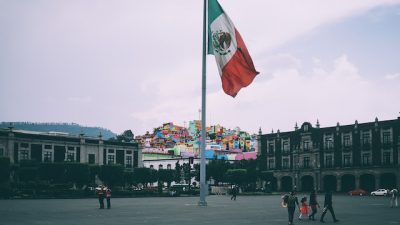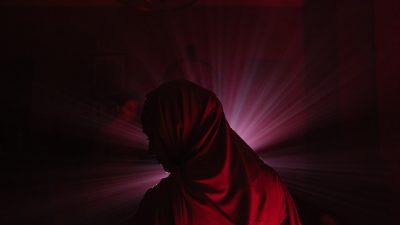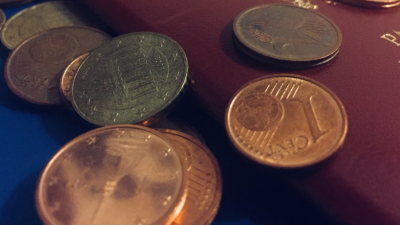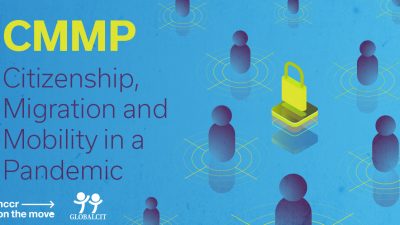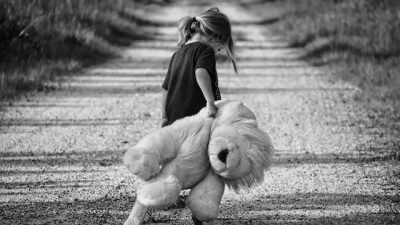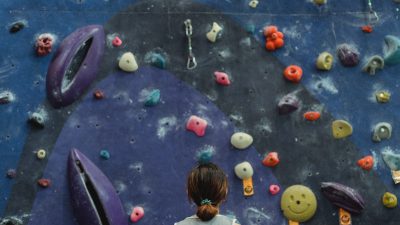The enjoyment of LGBTIQ* rights varies across Europe. As a result, rainbow families in Europe (families where a child has at least one parent who identifies themselves as lesbian, gay, bisexual, trans, intersex or queer) can face problems with recognition of civil status, birth registration and access to birth certificates, leaving some children in these families either stateless or at risk of statelessness. The Court of Justice of the European Union (CJEU) will now have an opportunity to address this issue in a case concerning a child born to same-sex parents in Spain, for which a hearing is due to take place next week.
Read More …
